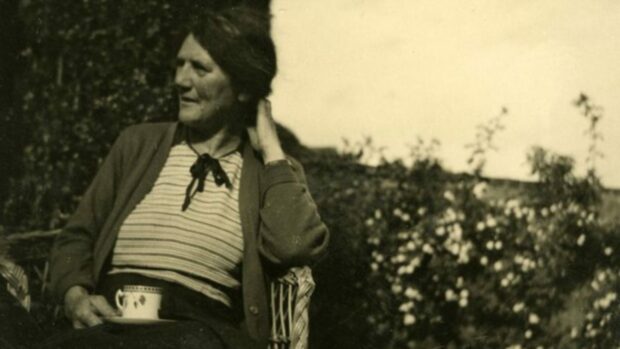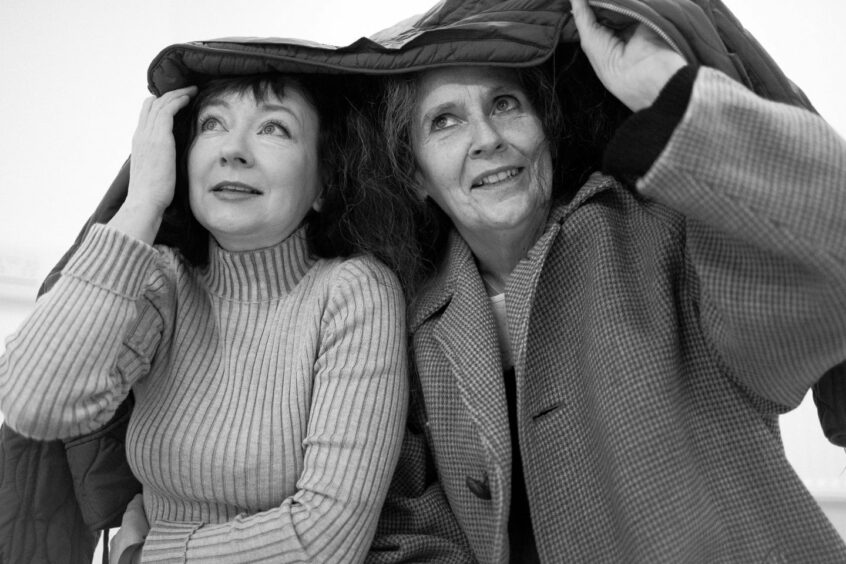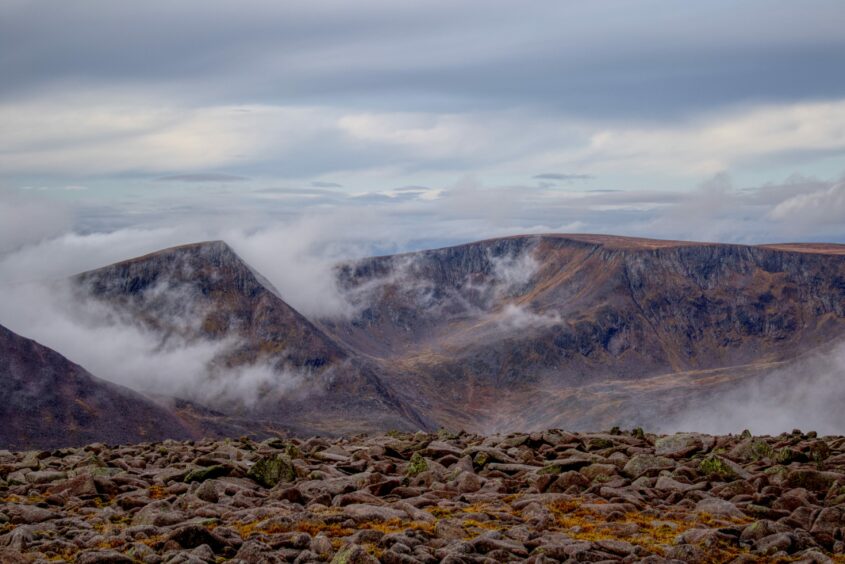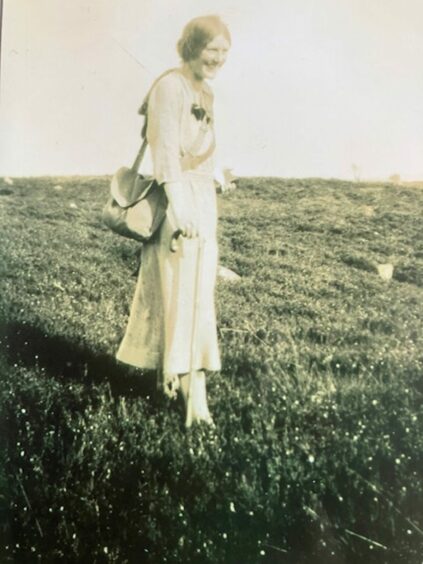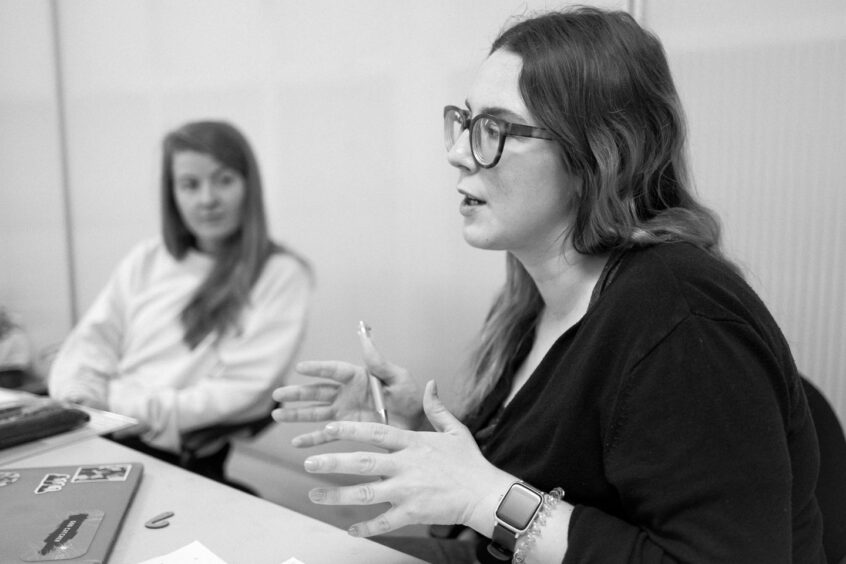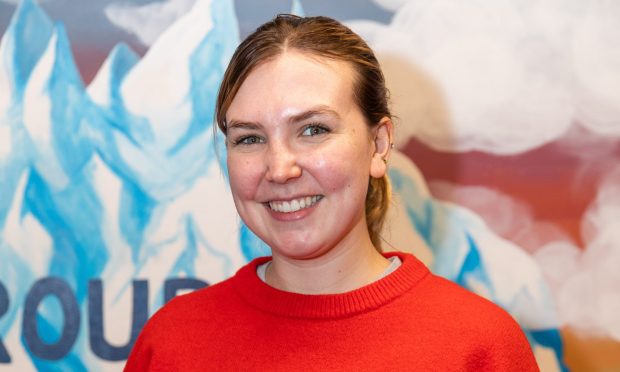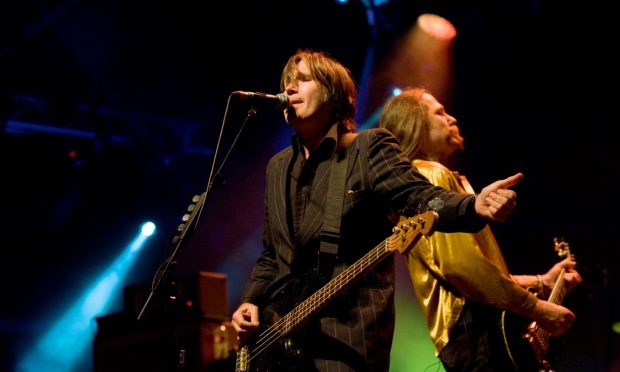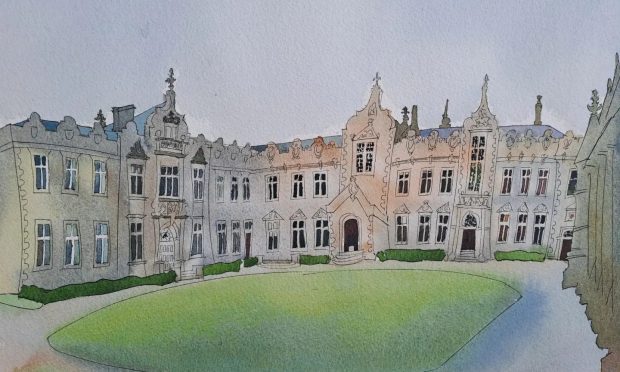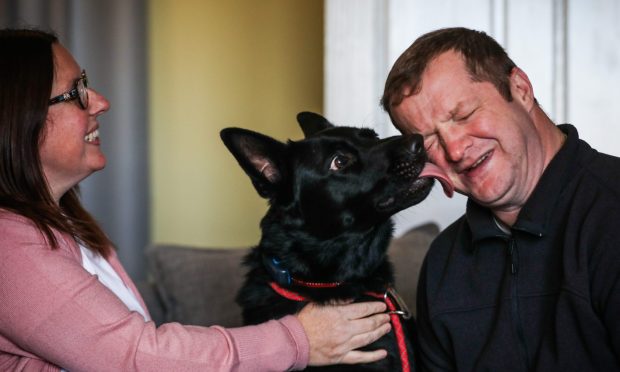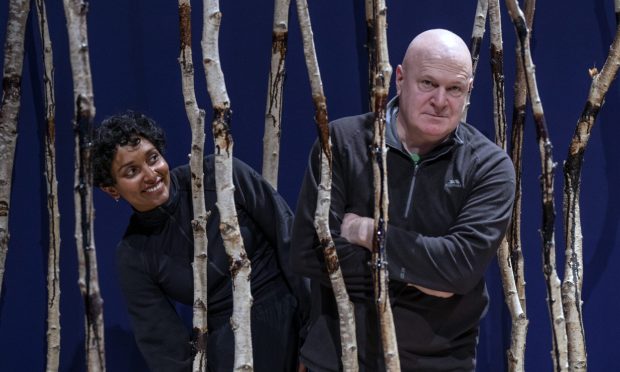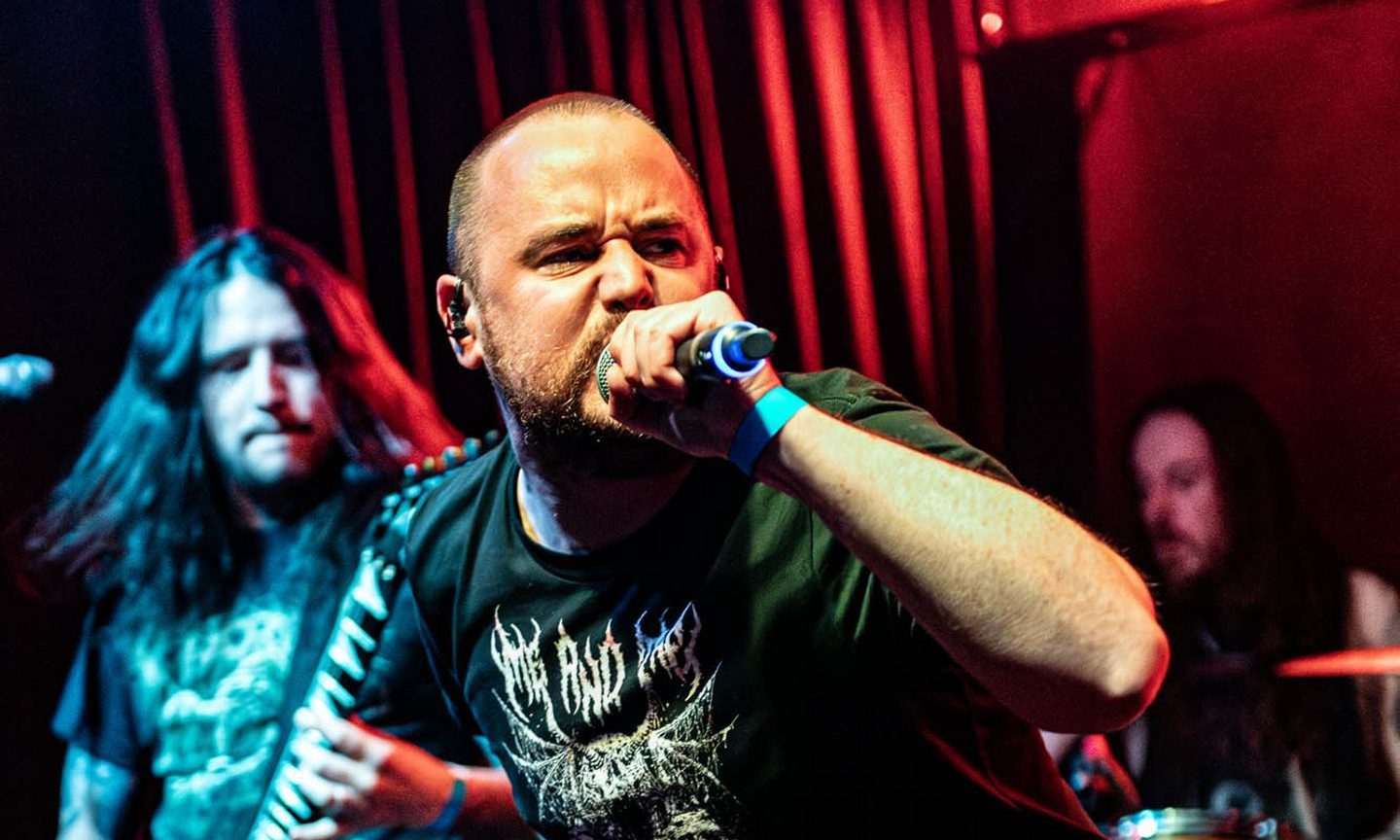Scottish playwright Sylvia Dow’s new play Woman Walking has its roots in the time before Covid-19.
Yet the pandemic period was vital in shaping its themes.
“It seems unbelievable we actually went through all that,” says Dow now.
“Nature started to have a great importance for us during that time, those of us who were lucky enough to be able to access it. Even just having a garden was tremendously important during Covid, because it was the only way you could get outdoors in a safe and legal way.
The play follows a woman named Cath, who loses her mother and then goes walking in the Cairngorm mountains alongside the ghost of the mountaineer and writer Nan Shepherd.
“The message of this play, then, is about the healing power of nature, and the importance of it,” she continues.
“There’s also an ecological message, in that if it’s so important to us, then we should be looking after it, but not in a ‘hammer hitting a peach’ sort of way. It’s more subtle than that.”
‘Me and my family couldn’t grieve together’
Nature is one important aspect of the play, and the other is grief.
“It’s about coping with grief and its journey, which I had just experienced myself when I wrote the play,” says Dow, whose husband died before the pandemic.
“Unfortunately, it meant that me and my family couldn’t actually grieve together, which was hard. It was important to me to talk about that.”
As part of the forthcoming Scottish tour of Woman Walking, which begins this weekend at Perth Theatre, accompanying talks are being planned with the author Merryn Glover, whose recent book The Hidden Fires: A Cairngorms Journey With Nan Shepherd also contains a section about grief and self-discovery in the mountains.
“It’s important to say that these things happen, and you do get through the other side, and you can make steps towards that,” says Dow.
Despite the resonances with the pandemic era, this play was in the planning before anyone had heard of Covid.
Iliyana Nedkova, the former art curator at Perth Theatre and Concert Hall, was planning an exhibition of photography themed around Shepherd and the Cairngorms, and Perth Theatre’s then-artistic director Lu Kemp put forward the idea of Dow creating a play to accompany it.
‘It’s a story about friendship’
“I got involved at the end of last year,” says director Becky Hope-Palmer.
“When we were running the play the other day, our stage manager said that for her it’s a story about friendship. It’s a beautiful, reflective, meditative play. There’s not a huge amount of drama or action, it’s very much just these two women in companionship on the Cairngorms.”
“One of whom happens to be dead,” points out Dow, deadpan.
“With some laughs as well!” elaborates Hope-Palmer.
“It’s not a question of two women sitting talking on a rock though, it’s not like that at all,” says Dow. “It’s really quite lively and movement-centred.”
“Yeah, they get about, they really do,” says Hope-Palmer. “Cath’s got this huge rucksack and tent she has to cart about, which is a metaphor for her emotional baggage as well as her physical baggage.”
Not long before rehearsals began, Hope-Palmer climbed Ben Macdui, the highest of the Cairngorms and second-highest mountain in the UK, with her family.
“What occurred to me is how carefully you have to tread,” she says. “It’s very uneven, even for the most sprightly of people. Nan talks a lot about that, about respecting the dangers as well as the beauty of the Cairngorms.
‘Impossible to know’ what Nan Shepherd was really like
“Cath makes reference in the story to The Living Mountain, which is the piece of writing Nan is most famous for,” she continues.
“Cath carries that around as a sort of Bible for her journey, a guide that supports her. It’s how she conjures Nan up while she’s walking.
“We learn a lot from Nan’s life and her relationship with grief, which was extensive. She lived to a ripe old age and lost a lot of people in that time, some prematurely.”
“Obviously a ton of research was done about Nan, but it’s impossible to know what she was really like, because she didn’t leave any diaries or anything like that,” says Dow.
“We’re relying on the one biography there is of her, and also on the reminiscences of a journalist, Erlend Clouston, who is probably the last person alive to have known Nan, because his family were very involved with her.”
‘We must see more older actors on stage’
The characters at the heart of the two-handed play are performed by Pauline Lockhart and Fletcher Mathers.
“They’re a wonderful team, who knew each other a bit from previous projects, which was enormously helpful,” says Hope-Palmer.
“For me, it’s a pleasure to work with two women, both slightly older actors, which we must do more of on stages. They hold the stage beautifully together, with all their shared experience, it’s an absolute joy to watch.”
If the pair want their audience to take anything in particular from the play, what would that be?
“I’d like them to laugh and to feel moved in all the right places, of course, but I can’t legislate for that,” says Dow.
“There is laughter and joy in it – the joy of walking the mountains, the joy of companionship. I’d like the audience to feel uplifted and to feel cheerful. I mean, when we say it’s about grief, I don’t want them to be going away feeling downhearted. We’ve had enough of that, I think.”
Woman Walking is at Perth Theatre on September 29 and 30, then touring Scotland until October 21. www.perththeatreandconcerthall.com
